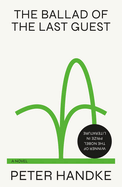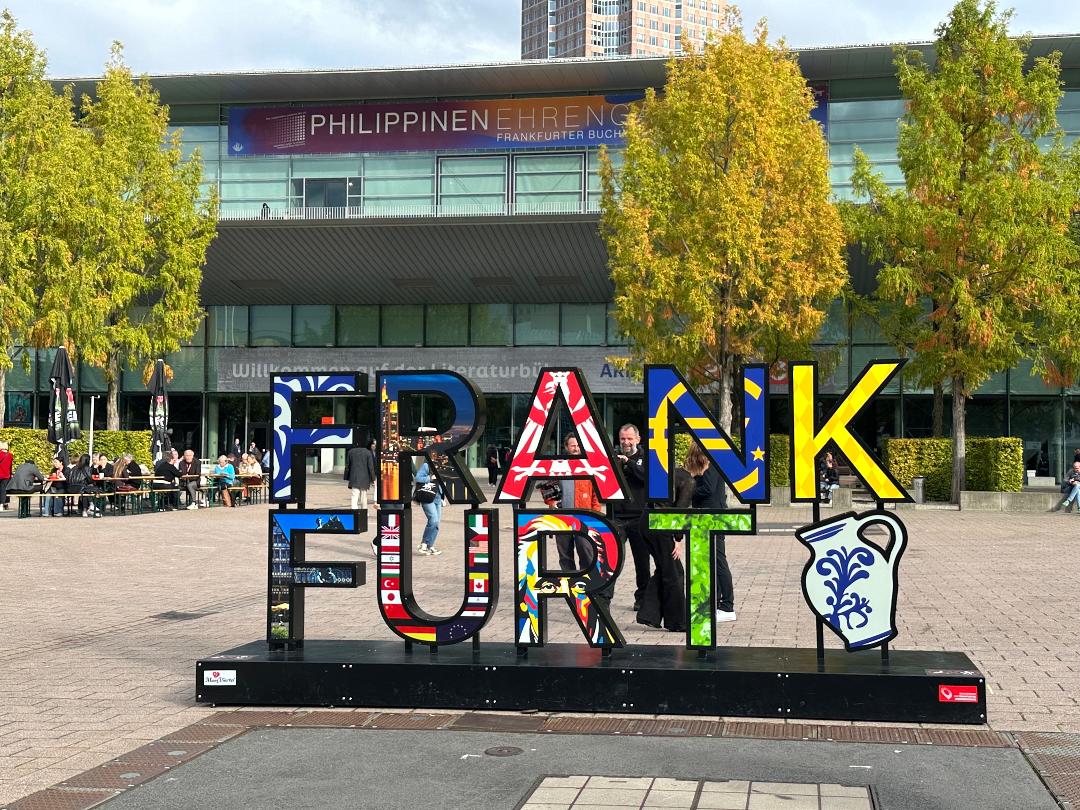 During the first three days of the Frankfurt Book Fair, the number of trade visitors rose more than 3%, according to fair organizers. The total of 118,000 trade visitors came from 125 countries. In addition, 120,000 private visitors, mostly from the German public, attended, up 5,000 from last year. Some 4,350 exhibitors were at the fair, compared to 4,300 last year. And the sold-out literary agents' center hosted 321 agencies from 32 countries.
During the first three days of the Frankfurt Book Fair, the number of trade visitors rose more than 3%, according to fair organizers. The total of 118,000 trade visitors came from 125 countries. In addition, 120,000 private visitors, mostly from the German public, attended, up 5,000 from last year. Some 4,350 exhibitors were at the fair, compared to 4,300 last year. And the sold-out literary agents' center hosted 321 agencies from 32 countries.
Juergen Boos, director of the Frankfurt Book Fair, said that the fair "remains on course for growth. Once again, we have had more visitors and more exhibitors than in the previous year. Our strength lies in the fact that Frankfurt brings together book professionals and literature lovers from all over the world. We combine a marketplace with a festival of literature."
---
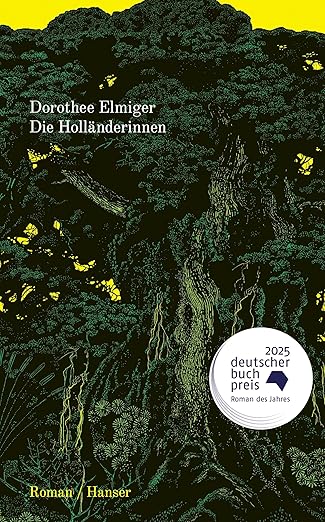 Last Monday night, the eve of the Frankfurt Book Fair, at a ceremony at the Römer in Frankfurt, the €25,000 (about $28,940) German Book Prize was awarded to Die Holländerinnen (The Dutch Women) by Dorothee Elmiger. The prize honors the best German-language novel of the year.
Last Monday night, the eve of the Frankfurt Book Fair, at a ceremony at the Römer in Frankfurt, the €25,000 (about $28,940) German Book Prize was awarded to Die Holländerinnen (The Dutch Women) by Dorothee Elmiger. The prize honors the best German-language novel of the year.
The jury commented: "This novel is an event. A writer recounts her journey into the South American jungle with a theatre group, retracing the path of two Dutch women who disappeared there years earlier. Along the way, the group shares unsettling stories. The deeper they venture into the thicket and mire, the more Elmiger pulls the reader into a vortex of fear. Her novel tells of people who descend into their 'darkest opposite.' Not only Elmiger's language is oblique--so is her reference to our present, which is sinking, step by step, into hubris. Her style is at once distant and yet gripping. Die Holländerinnen--a fascinating journey into the heart of darkness."
---
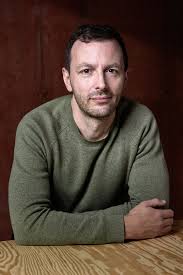 |
| Sebastian Guggolz |
Sebastian Guggolz, publisher of Guggolz Verlag and team leader of classics at S. Fischer Verlag, has been named the new chair of the Börsenverein, the German publishers and booksellers association, succeeding Karin Schmidt-Friderichs, who steps down after two three-year terms.
Guggolz founded Guggolz Verlag in 2014 and been responsible for the classics at S. Fischer since 2022. He serves as spokesperson for the board of trustees of the German Literature Fund and has served on various juries, including head of the Italo Svevo Prize.
Guggolz studied art history, German studies, and folklore in Hamburg and then worked as an editor.
Other newly elected board members are Katja Berger, from HarperCollins Germany, as treasurer; booksellers Lucia Bornhofen, owner of Buchhandlung Bornhofen in Gernsheim, and Klaus Kowalke, chair of Buchhandlung Lessing und Kompanie in Chemnitz; and wholesaler Alyna Wnukowsky of Libri.
---
During a panel discussion on digital sovereignty in the European publishing industry on Wednesday afternoon, lawyer and consultant Sabine Richly was asked how generative AI has affected European publishing so far. Richly reported that "all sectors" have been affected, with "quite a number" of key roles in the industry being "quietly replaced by AI."
Translation, Richly explained, has seen the biggest impact so far. The amount of money paid by publishing houses for human translation services has been "cut down quite significantly," and in some cases human translators have been hired "only to polish machine translations." At the same time, AI-generated cover illustrations are becoming more common as are AI editing services.
Richly characterized the present moment as one of insecurity. It is not yet clear whether there is permission for AI companies to mine text and data, she continued, and there probably won't be clarity on the matter "for quite a while." The lack of clarity makes it "very difficult to take action," and at an economic level, there is the question of "what is training data actually worth?"
She noted too that unlike the U.S., the E.U. does not have class-action lawsuits, and "every case that is decided is a single case." That said, the E.U. court of justice can make decisions that "really help understanding across all member states," and the possibility of getting to a "good position" within the framework of European copyright law is still there.
Richly said it was imperative that the industry pushes to make sure that works are "not used by default," and the E.U. as a whole needs to develop independent digital infrastructure in order to no longer be beholden to big Tech.
On the same panel, Björn Staschen of Save Social, advocated for European investment in open platforms as alternatives to the "blackbox algorithm platforms" created by big tech companies. It may take time to build a digital ecosystem, but stakeholders will know that the communities they've built will still be there in 5-10 years, he said. Staschen called it crucial for "not only selling a book" but also "saving democracy."
---
 For the first time in years, the book fair is planning a major reorganization of the halls, with a new emphasis put on German and public exhibitors, which will take all the first-floor space in the main halls, including 3, 4, 5, and 6, next year. International exhibitors will be on the second and third floors. The second and third floors of Hall 6 will be the English-speaking countries' hall, and the relatively new Hall 3, always the German hall, will now have international exhibitors on its second floor. The literary agents center, which has been on the third floor of Hall 6 for some time, will move to Hall 4. In addition, Hall 1, which this year featured dark romance, fantasy, and new adult titles, will no longer be used.
For the first time in years, the book fair is planning a major reorganization of the halls, with a new emphasis put on German and public exhibitors, which will take all the first-floor space in the main halls, including 3, 4, 5, and 6, next year. International exhibitors will be on the second and third floors. The second and third floors of Hall 6 will be the English-speaking countries' hall, and the relatively new Hall 3, always the German hall, will now have international exhibitors on its second floor. The literary agents center, which has been on the third floor of Hall 6 for some time, will move to Hall 4. In addition, Hall 1, which this year featured dark romance, fantasy, and new adult titles, will no longer be used.
The changes were made, the fair said, in part to give exhibitors "with a strong audience focus" more space to showcase their books and offer them for sale. Reportedly last year, when the fair was open to the public, German Hall 3 was so overwhelmed with consumers that it became dangerous. --John Mutter and Alex Mutter
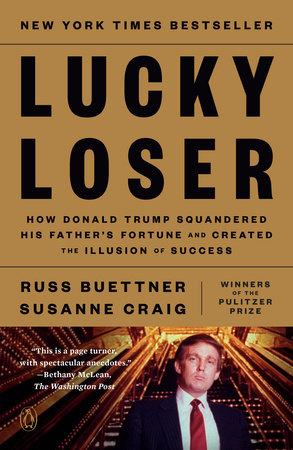 "With a second attempt, this lawsuit remains meritless. Penguin Random House will continue to stand by the book and its authors just as we will continue to stand for the important fundamental principles of the First Amendment."
"With a second attempt, this lawsuit remains meritless. Penguin Random House will continue to stand by the book and its authors just as we will continue to stand for the important fundamental principles of the First Amendment."








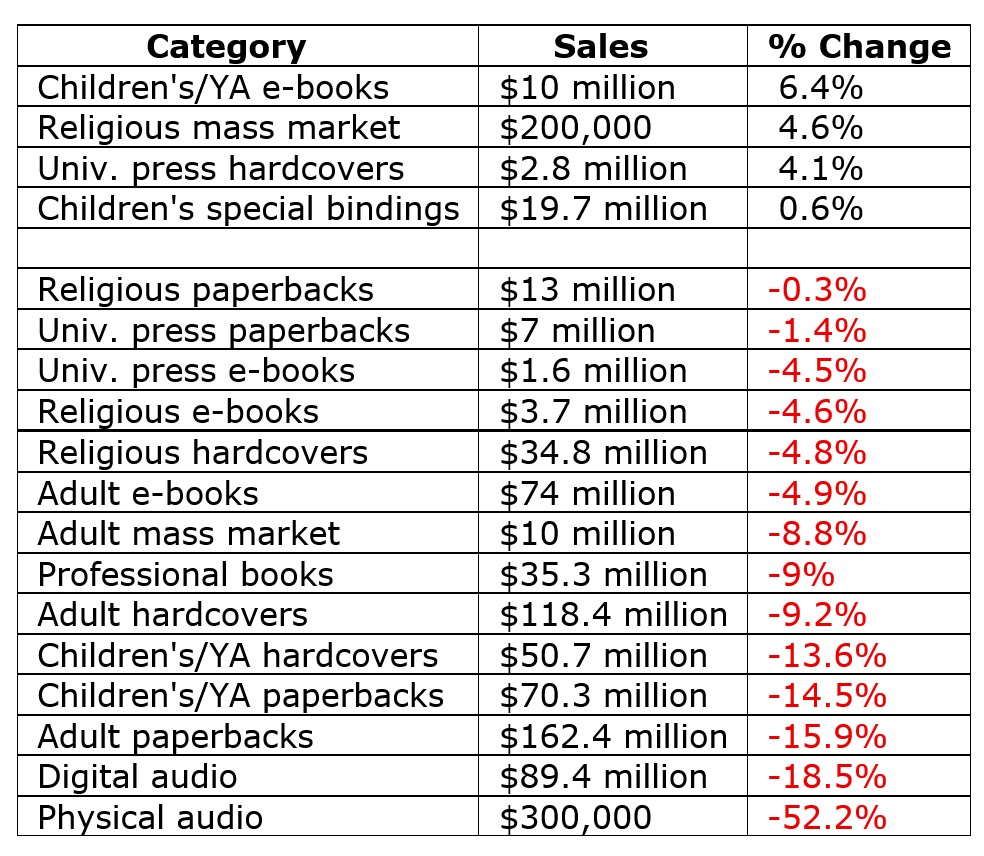
 During the first three days of the Frankfurt Book Fair, the number of trade visitors rose more than 3%, according to fair organizers. The total of 118,000 trade visitors came from 125 countries. In addition, 120,000 private visitors, mostly from the German public, attended, up 5,000 from last year. Some 4,350 exhibitors were at the fair, compared to 4,300 last year. And the sold-out literary agents' center hosted 321 agencies from 32 countries.
During the first three days of the Frankfurt Book Fair, the number of trade visitors rose more than 3%, according to fair organizers. The total of 118,000 trade visitors came from 125 countries. In addition, 120,000 private visitors, mostly from the German public, attended, up 5,000 from last year. Some 4,350 exhibitors were at the fair, compared to 4,300 last year. And the sold-out literary agents' center hosted 321 agencies from 32 countries. Last Monday night, the eve of the Frankfurt Book Fair, at a ceremony at the Römer in Frankfurt, the €25,000 (about $28,940) German Book Prize was awarded to Die Holländerinnen (The Dutch Women) by Dorothee Elmiger. The prize honors the best German-language novel of the year.
Last Monday night, the eve of the Frankfurt Book Fair, at a ceremony at the Römer in Frankfurt, the €25,000 (about $28,940) German Book Prize was awarded to Die Holländerinnen (The Dutch Women) by Dorothee Elmiger. The prize honors the best German-language novel of the year.
 For the first time in years, the book fair is planning a major reorganization of the halls, with a new emphasis put on German and public exhibitors, which will take all the first-floor space in the main halls, including 3, 4, 5, and 6, next year. International exhibitors will be on the second and third floors. The second and third floors of Hall 6 will be the English-speaking countries' hall, and the relatively new Hall 3, always the German hall, will now have international exhibitors on its second floor. The literary agents center, which has been on the third floor of Hall 6 for some time, will move to Hall 4. In addition, Hall 1, which this year featured dark romance, fantasy, and new adult titles, will no longer be used.
For the first time in years, the book fair is planning a major reorganization of the halls, with a new emphasis put on German and public exhibitors, which will take all the first-floor space in the main halls, including 3, 4, 5, and 6, next year. International exhibitors will be on the second and third floors. The second and third floors of Hall 6 will be the English-speaking countries' hall, and the relatively new Hall 3, always the German hall, will now have international exhibitors on its second floor. The literary agents center, which has been on the third floor of Hall 6 for some time, will move to Hall 4. In addition, Hall 1, which this year featured dark romance, fantasy, and new adult titles, will no longer be used. Luke Garing and Paola Merrill are the new owners of
Luke Garing and Paola Merrill are the new owners of  More than 150 guests turned out to celebrate the launch of the Cosmo Reads imprint, a partnership between Sourcebooks and Cosmopolitan magazine, and its first novel, Female Fantasy by Iman Hariri-Kia. Pictured: (l.) the author with Cosmopolitan editor-in-chief Willa Bennett at Apartment 5 in New York City. (photo courtesy of Cosmopolitan)
More than 150 guests turned out to celebrate the launch of the Cosmo Reads imprint, a partnership between Sourcebooks and Cosmopolitan magazine, and its first novel, Female Fantasy by Iman Hariri-Kia. Pictured: (l.) the author with Cosmopolitan editor-in-chief Willa Bennett at Apartment 5 in New York City. (photo courtesy of Cosmopolitan)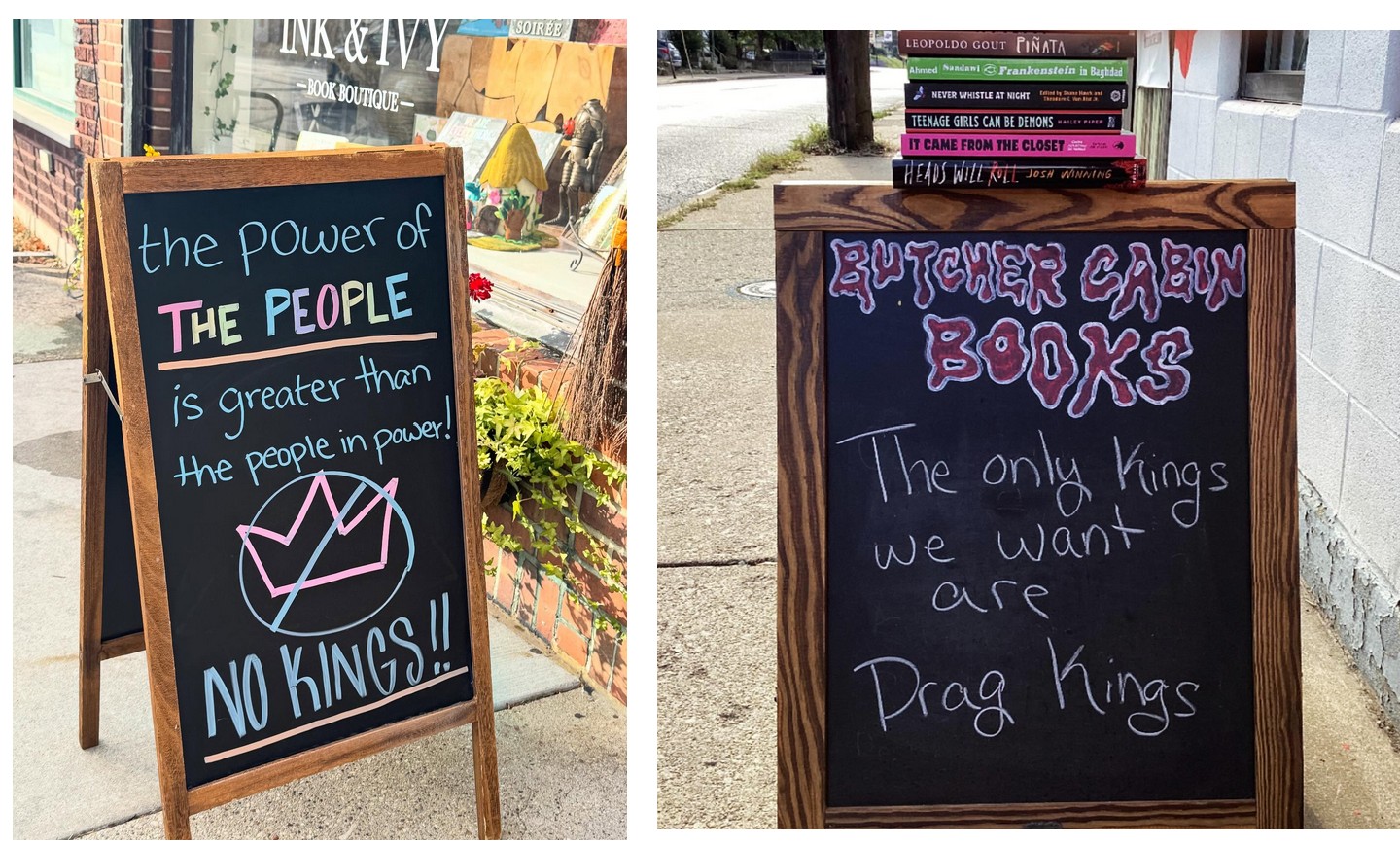
 Just Visiting This Planet, Revised and Updated for the Twenty-First Century: Further Scientific Adventures of Merlin from Omniscia
Just Visiting This Planet, Revised and Updated for the Twenty-First Century: Further Scientific Adventures of Merlin from Omniscia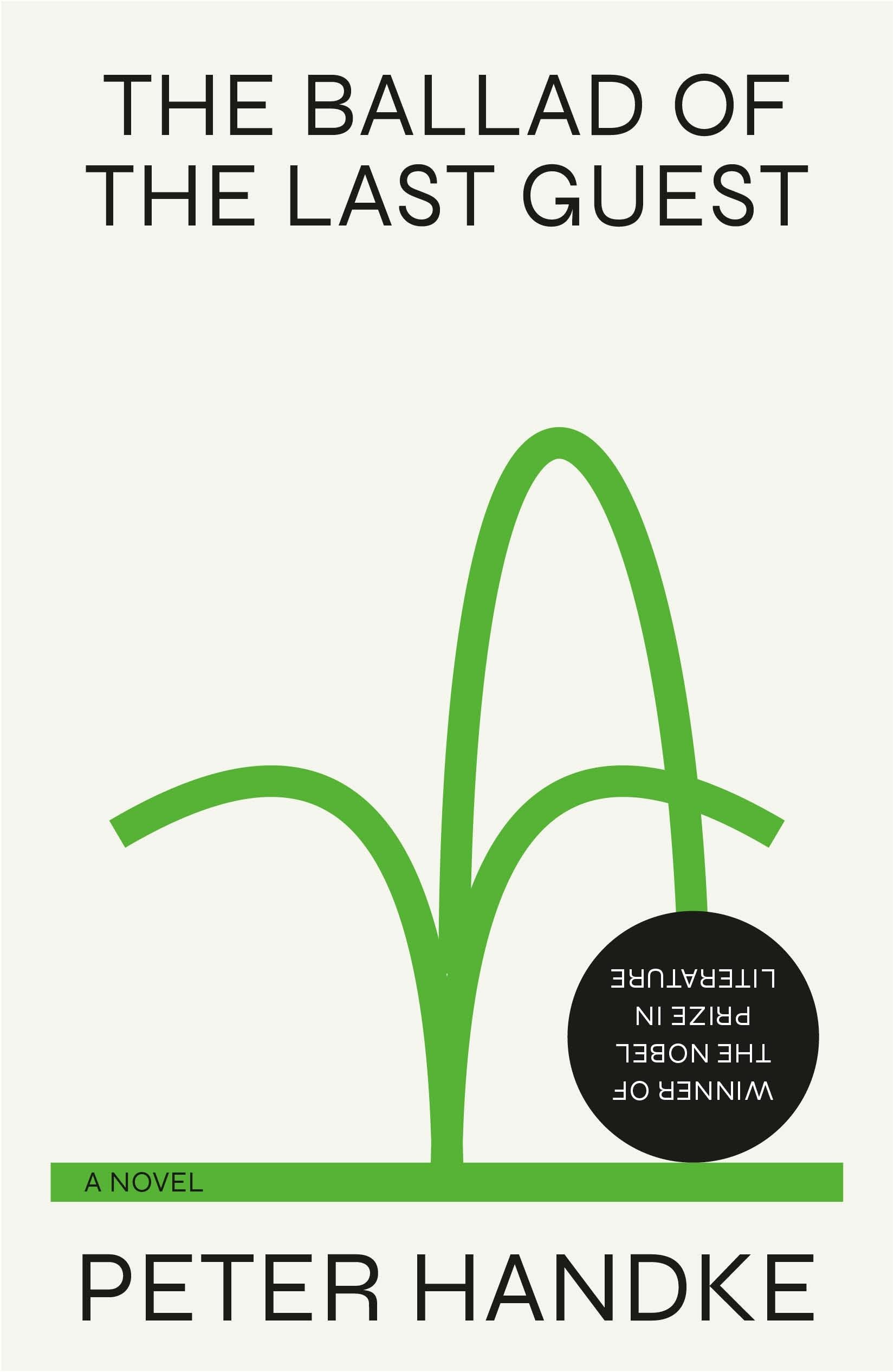 Controversial Nobel laureate Peter Handke's novel The Ballad of the Last Guest is a slim, elegant mood piece, intended more to evoke feelings and emotions than to tell a conventional story. Anyone willing to surrender to its melancholy sensibility on those terms will be rewarded with a meaningful reading experience.
Controversial Nobel laureate Peter Handke's novel The Ballad of the Last Guest is a slim, elegant mood piece, intended more to evoke feelings and emotions than to tell a conventional story. Anyone willing to surrender to its melancholy sensibility on those terms will be rewarded with a meaningful reading experience.